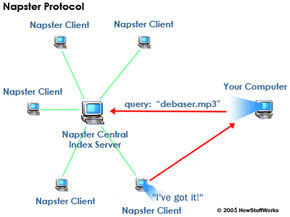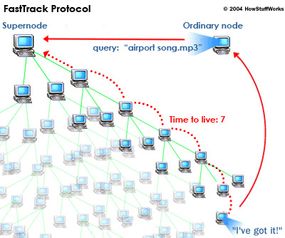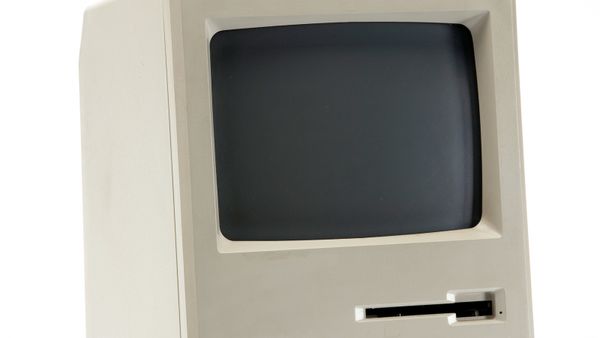The Internet has enabled us to do things we'd never dreamed possible just a couple of decades ago. In addition to e-mail, online auctions and access to the largest information database ever compiled, we can now swap music and movies with people all around the globe. This capability is called file sharing. One of the most famous file-sharing services, Napster, became hugely popular in the late '90s. Millions of people exchanged music over its servers until copyright-infringement lawsuits shut it down (it has since recreated itself as a pay-per-download service).
Just a few years later, a more wide-sweeping file-sharing network, Kazaa (or KaZaA) emerged. Kazaa enables its users to share not only music, but also movies, television shows and other types of digital information. Kazaa soon became the most popular file-sharing service on the Internet, with millions of users simultaneously sharing content.
Advertisement
But with unlimited file sharing comes the big question: Should users be granted unrestricted -- and free -- access to copyrighted movies, music and games? The recording and film industries continue to respond with a resounding "No." After being sued for copyright infringement by the Recording Industry Association of America (RIAA), the original Napster was forced to shut down; Kazaa now finds itself in similar hot water. So far, it has weathered the legal storm.
In this article, we'll find out exactly how Kazaa works, learn how its users share data across the Internet and examine why Kazaa has thus far survived the legal battle.
Advertisement




